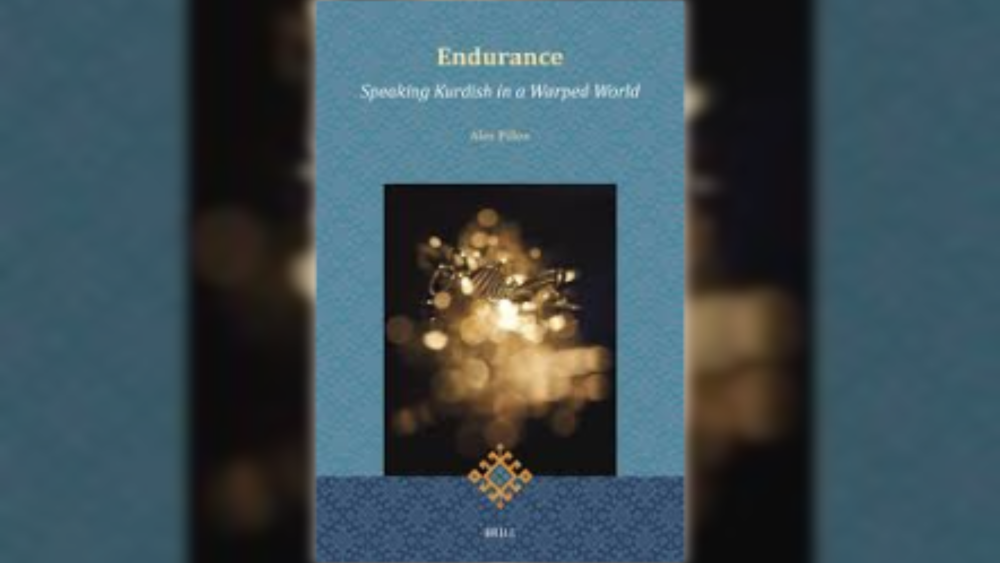Kurmanji, the largest dialect of the Kurdish language, is spoken by approximately 20 million people across Turkey, Syria, Iraq and Iran, as well as in smaller communities in Armenia, Georgia and Azerbaijan. In most of these countries, Kurmanji lacks official recognition.
Pillen, an associate professor of anthropology at University College London, focuses particularly on the variant of Kurmanji spoken in Turkey, exploring its status as a living language spoken by millions despite decades of cultural oppression. As her title and subtitle indicate, she regards speaking Kurdish in Turkey as a form of resilience. Her account masterfully weaves together themes of identity and reflection, drawing on recorded conversations with members of London’s Kurdish community.
As a Kurd born and raised under an Arabic-speaking dictatorship in Syria, this reviewer relates deeply to the experiences described in Endurance. Being deprived of the right to use my mother tongue means that speaking Kurdish has become both a form of cultural expression and an act of defiance against historic injustice.
Further, as a multilingual speaker, Kurdish has profoundly influenced my speech in other languages. For example, Kurmanji Kurdish heavily relies on evidential markers to specify the source of information shared by the speaker. Because the government officials who have historically ruled over the Kurds belong to other ethnic groups, Kurds often express a sense of “otherness” when referring to such authorities in their speech. On a personal level, I still occasionally do this myself when speaking Arabic or English.
Endurance addresses a topic that Western audiences rarely encounter, offering nuanced insight into a language shaped by the traumatic experiences of its speakers. While the book focuses on the Kurmanji dialect, its relevance likely extends to other Kurdish dialects, given the Kurdish people’s shared historical experience.
Pillen’s study is an excellent read not only for scholars of Kurdish studies, but also for general readers interested in the intersection of language, identity, and socio-political resilience.




